In today’s digital age, marketing has evolved significantly from traditional methods to digital strategies. Digital marketing refers to the use of digital channels, such as websites, search engines, social media platforms, email, and mobile applications, to promote products or services and reach a wider audience.
Digital marketing encompasses a range of tactics and techniques that businesses use to connect with their target customers and drive brand awareness, engagement, and conversions. It involves leveraging various online platforms and tools to create and deliver personalized messages to the right audience at the right time.
The Components of Digital Marketing
There are several key components that make up the field of digital marketing:
1. Search Engine Optimization (SEO)
SEO is the process of optimizing a website to improve its visibility and ranking on search engine results pages (SERPs). It involves optimizing the website’s content, structure, and technical aspects to make it more attractive to search engines and increase organic (non-paid) traffic.
2. Pay-Per-Click Advertising (PPC)
PPC advertising involves placing paid ads on search engines or other online platforms. Advertisers bid on specific keywords, and their ads are displayed when users search for those keywords. Advertisers only pay when their ads are clicked, making it a cost-effective way to drive targeted traffic to their websites.
3. Social Media Marketing
Social media marketing involves using social media platforms like Facebook, Instagram, Twitter, and LinkedIn to promote products or services. It includes creating and sharing engaging content, running targeted ads, and interacting with followers to build brand loyalty and drive conversions.
4. Content Marketing
Content marketing focuses on creating and distributing valuable, relevant, and consistent content to attract and retain a clearly defined audience. It includes blog posts, articles, videos, infographics, and other forms of content that provide value to the target audience and establish the business as a trusted authority in its industry.
5. Email Marketing
Email marketing involves sending targeted emails to a list of subscribers to promote products, services, or events. It is an effective way to nurture leads, build customer relationships, and drive conversions. Email marketing campaigns can be automated and personalized based on user behavior and preferences.
6. Influencer Marketing
Influencer marketing involves collaborating with influential individuals or celebrities in a particular niche to promote products or services. Influencers have a large following and can help businesses reach their target audience and build trust and credibility.
The Benefits of Digital Marketing
Digital marketing offers numerous benefits for businesses of all sizes:
1. Increased Reach and Visibility
With digital marketing, businesses can reach a global audience and target specific demographics based on factors like age, location, interests, and behavior. This allows for more precise targeting and better ROI.
2. Cost-Effectiveness
Digital marketing can be more cost-effective than traditional marketing methods. Businesses can set their own budgets and adjust their campaigns based on performance. Additionally, digital marketing channels often provide detailed analytics and insights, allowing businesses to measure the effectiveness of their campaigns and make data-driven decisions.
3. Better Engagement and Interaction
Digital marketing enables businesses to engage and interact with their audience in real-time. Social media platforms, for example, provide opportunities for businesses to respond to customer inquiries, address concerns, and build relationships. This fosters trust and loyalty among customers.
4. Improved Conversion Rates
With targeted and personalized digital marketing campaigns, businesses can increase their conversion rates. By delivering the right message to the right audience at the right time, businesses can drive more qualified leads and convert them into customers.
5. Measurable Results
Digital marketing allows businesses to track and measure the results of their campaigns. They can analyze data such as website traffic, click-through rates, conversions, and customer behavior to gain insights and optimize their marketing strategies for better results.
In conclusion, digital marketing is a dynamic and essential aspect of modern marketing. It offers businesses the opportunity to reach a wider audience, engage with customers, and drive conversions in a cost-effective and measurable way. By leveraging the various components of digital marketing, businesses can effectively promote their products or services and stay ahead in today’s digital landscape.



